
Vajpayee is gone and everyone has good things to say about him, even the Opposition. He was the first Prime Minister with no connection to the Congress and coincidentally, it was Jawaharlal Nehru, India’s first Prime Minister who, impressed with Vajpayee’s oratory skills, said in 1957: “This young man will one day become the country’s Prime Minister.” It came true after 39 years.
For many of us who witnessed Vajpayee’s Prime Ministership have many memories. We are reminded of mesmerising speeches and a growing pride in being Indian, thanks to Pokhran nuclear test, a moment that made India noticed globally which led to the Indo-US nuclear deal. It was also the moment when the nation was introduced to the much-loved former President Dr. A.P.J. Abdul Kalam.
We also witnessed Vajpayee’s bus ride to Lahore and Pakistan’s betrayal with incursion into Kargil. We remember the hijacking of IC-814 when the Vajpayee government released three terrorists to save 176 passengers. We remember how one of the released terrorists later went on to form Jaish-e-Mohammed which attacked Indian Parliament.
More importantly we remember how Vajpayee did not overturn or deviate from the economic model that the previous Congress government had begun.
Even though Vajpayee was from RSS and constantly took on Nehru, it was never vitriolic. In fact, when he became the Foreign Minister in late 70s under Morarji Desai, he noticed that Nehru’s picture had been removed from the corridors of South Block. He then asked one of the officers where the portrait went. Though Vajpayee did not get a reply, Nehru’s portrait was restored.
Similarly, he thanked Rajiv Gandhi for saving his life by putting him in a delegation that went to New York where Vajpayee got a kidney transplant. Can today’s BJP and Congress be this courteous? But…
Vajpayee was a Statesman and also a survivor. Once Vajpayee told Pandit Nehru, “You have a split personality; you are at once both Churchill and Chamberlain.” But was Vajpayee too suffering from the same problem?
We have to ask this question because, while he was an RSS man, he did not live like one. He lived with a lady throughout his life. Not as husband and wife but as friends. He even enjoyed his drink. According to BJP MP Dr. Subramanian Swamy, once Morarji Desai called Vajpayee and warned him about his drinking. Would this Vajpayee appeal to some of today’s fanatic right-wing minds?
While he was a gentleman, he played his politics well. From managing his survival in Morarji government to staying away from the Babri Masjid spotlight and letting L.K. Advani take the heat. In fact, he beat Advani to the PM’s seat because of his non-aggressiveness.
After the Babri episode, the BJP wanted to form a coalition and Advani was too tainted to be acceptable to other parties, so they chose what they called the ‘healing face’ or the ‘Saffron Nehru’ — Vajpayee. NDA was formed and in 1998, it came to power.
Vajpayee had managed to be loved across party lines, managed to be non-vocal on Babri issue and still managed to be the PM from a party that was seen as being extremist ! That’s political mastery.
There is an interesting anecdote in the book “Inhaling the Mahatma” written by Australian journalist Christopher Kremmer where he says that Vajpayee was called “The Mask” by his own party colleagues and mentions an incident.
In 1993, a man named Satish Pandey hijacked a plane going from Lucknow to Delhi with 48 people on-board. He held two hand-grenades and demanded the release of people arrested during the Babri Masjid demolition. Finally by the time the plane landed back in Lucknow, his only demand was that he would surrender if Vajpayee came. Vajpayee did come and Satish surrendered. He also surrendered his hand grenades — they were two thick balls of paper !
Christopher Kremmer, who was also on this flight, met Satish Pandey four years later when he was out on bail to ask him why he hijacked the plane. Here is the excerpt: Satish said, “What I did was noticed in high places”. Noticed yes but hasn’t Mr. Vajpayee publicly scolded you for using wrong methods. Satish smiled slyly and in a sage tone that suggested I ought to know better, answered, “Atal ji has to talk like that. He’s a politician. He doesn’t need to promise to liberate other Hindu sites. People like me will take care of that.” With that he got up to relieve himself.
Kremmer continues: When he returned to the courtyard, Satish was holding a folded piece of paper which he duly presented to me. It was his trump card, a letter typed in English on the official letter head of the Leader of the Opposition in Parliament, Atal Bihari Vajpayee. Dated 27th June 1996, three years after the hijacking, it was a personally signed letter of condolence to Satish on the death of his father. I was stunned. Looking up from the letter in disbelief I saw Satish nodding and smiling at me. He was right about the difference between a politician’s public position and his private feelings.
Vajpayee may have been a shrewd politician and a political survivor with liberal views in a right wing party but he was the face of soft politics and cultured behaviour.
He spent much of his time sitting in the Opposition. During this time he got his point across with facts, humility, emotion, words and wit. Unlike today where debate in Parliament is made using lies, arrogance, anger, hugs and winks.
Unlike earlier where leaders debated about what’s best for the nation, now it is about what’s best for tele- vision and re-election.
Vajpayee may not be remembered as the greatest Prime Minister of India but he certainly was the greatest Opposition Leader of India whose death has signalled the end of Statesmanship in Indian politics.
e-mail: [email protected]



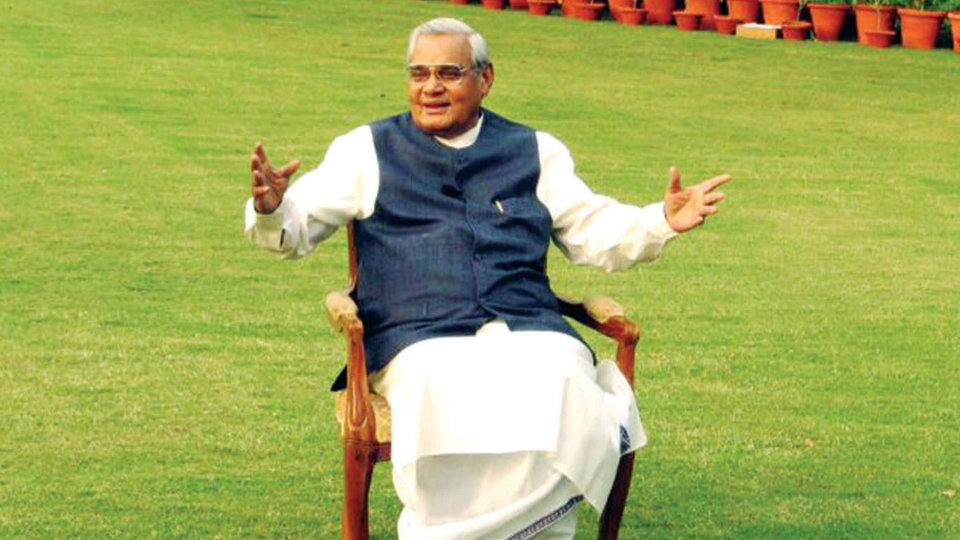
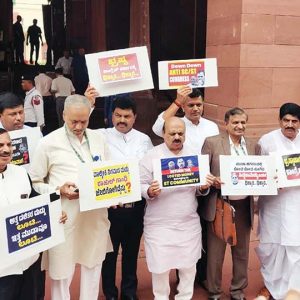
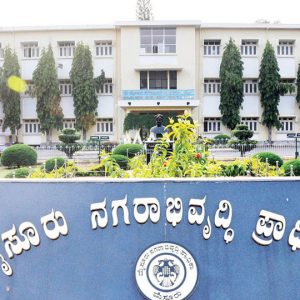
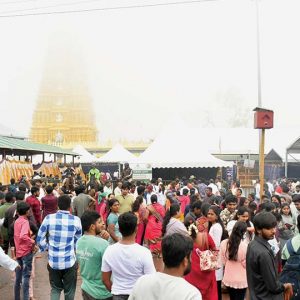
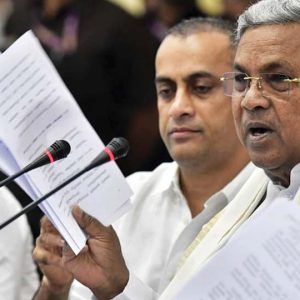
Let’s look at the truth! he was very trusting simplistic Person! Trusted Pakistan, was back stabbed! He showed his RSS brotherhood towords Modi and saved and spared Modi by not dismissing his government in 2002! That not only resulted in his position but also pushed the nation into destruction we have been watching for the last 4 years! You can see that even nature doesn’t like Modis rule, see the natural disasters happening recently! Need any more proof? India’s image in the international arena us all time low!even lower than what vajayee’s rule!
Atal Behari Vajpayee the gentle collosus who bestowed a new lease of life to the problem ridden Indian nation is no more.He tellingly proved that politics is indeed the art of the compromise for the larger goal of serving India.
If one word could best describe a man, then for Atal Bihari Vajpayee that would have to be compromise. Ever the contrarian, Vajpayee was equally the consensus-seeker and the alliance-builder who could traverse ideological divides and overcome political animosities with a skill set that was a throwback to the Nehruvian era. A brilliant parliamentarian and a shrewd politician who could demolish political opponents with his acerbic wit, Vajpayee was also the elder statesman who was never afraid to reach out and make peace with India’s neighbours. Without a doubt, he was born of the Rashtriya Swayamsevak Sangh, the torchbearer of Hindutva. But his rise in the Jana Sangh was at a time when it was not on the ascendant, and this meant he always tried to outgrow his organisation. Vajpayee spent a lifetime trying to make his party displace the Congress from power, and to this end he switched between fighting the Congress’s tactics and mimicking them. If the Jana Sangh came to power as part of the Janata Party in 1977, it was in no small measure due to his readiness to mend fences and build bridges with former political opponents. Indeed, he became the acceptable public face of a party propelled by divisive forces.
Vajpayee’s first hold on power was a stint as External Affairs Minister in the Janata government in 1977-79, where he made a bold effort to normalise relations with China. Subsequently, he had three stints as Prime Minister, a 13-day misadventure without the required support in 1996, a 13-month experiment with strange bedfellows in 1998-99, and a full term with a reasonably cohesive alliance during 1999-2004. The National Democratic Alliance that the BJP formed in 1998 would not have been possible without Vajpayee as the leader. His image as a moderate trying to rein in extremist elements in his party made it easier for others such as the Telugu Desam, the Trinamool Congress and the Dravida Munnetra Kazhagam to join the NDA. The BJP would not have come within sniffing distance of power without him, but he brought the party to power by keeping its most contentious issues, Ayodhya, Article 370, uniform civil code, out. It is a matter of debate whether Pokhran-II was a strategic mistake, an unnecessary concession to a hyper-nationalistic constituency, but there is no denying the remarkable maturity he displayed during the Kargil crisis in 1999. But the compromise man could not win a second substantive term. Forced as he was to carry on a delicate balancing act, he often came across as an indecisive and cautious Prime Minister, even if at times an endearing and loveable one. There was no way to judge whether he softened the BJP or the BJP toughened him. Perhaps it was a bit of both greatly benifitting the nation.
We listened to his speeches those days, and we witnessed what he did when he had the power first under Janata government. Now, looking from afar, we wonder what he achieved. We had the whispers of his drinking and his meat-eating coming from a family of vegetarians, but could not fathom what that meant for him as a person. At best, he was an enigma, perhaps he did not even know what he wanted to be.
Your post appears to want Congress and a rule by a foreigner-Sonia!
India’s image : It is a third world country with massive population which sucks in all the resources, adding one Australia every year to the population and is an institutionally corrupt country with a corrupt society.